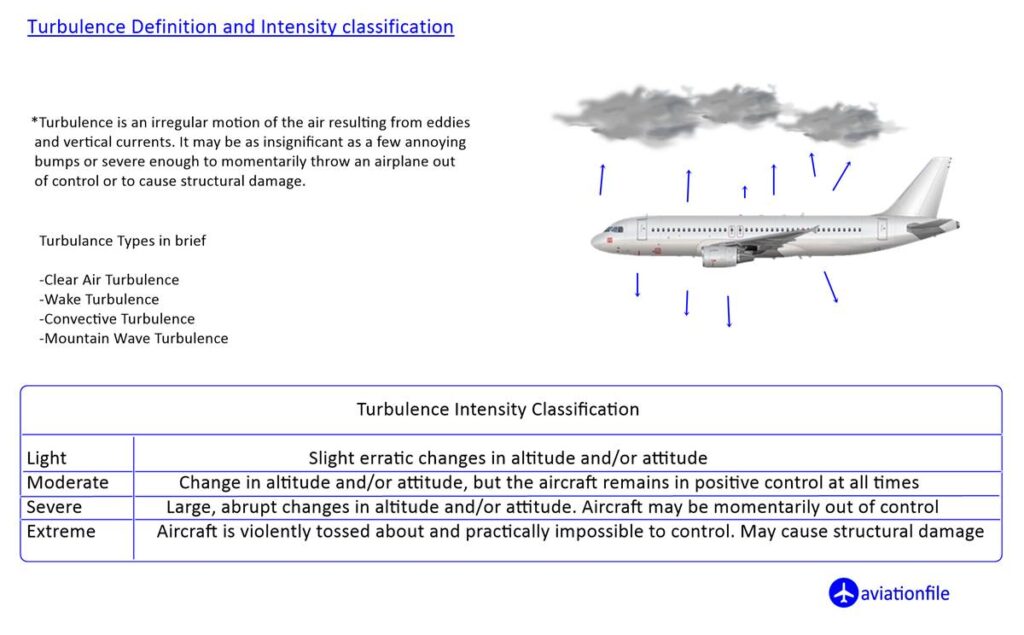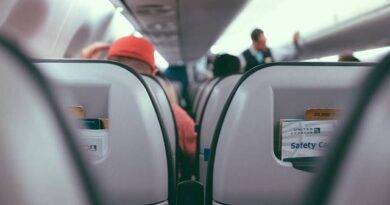Incapacitation of Pilot
The incapacitation of a pilot during a flight can be a terrifying scenario for passengers and crew members alike. While such situations are rare, they can have disastrous consequences if not handled appropriately. In this article, we will explore the potential causes of pilot incapacitation, its effects on flight safety, and the measures that are put in place to prevent and manage such incidents.
Causes of Pilot Incapacitation:
There are several reasons why a pilot might become incapacitated during a flight. These include:
- Medical conditions – Pilots, like any other human, are susceptible to illnesses and medical emergencies such as heart attacks, strokes, seizures, and other conditions that can render them unable to fly.
- Fatigue – Pilots are required to adhere to strict flight and duty time limitations. However, despite these regulations, pilots can still suffer from fatigue, which can impair their ability to operate an aircraft.
- Alcohol or drug use – The use of alcohol or drugs, either prescription or recreational, can impair a pilot’s judgment, coordination, and reaction time.
Effects on Flight Safety:
The effects of pilot incapacitation on flight safety can be catastrophic. If a pilot becomes unable to fly the aircraft, the remaining crew members must take immediate action to regain control of the plane and land safely. In some cases, this can be a challenging task, particularly if the incapacitated pilot was the only person with the necessary skills and experience to operate the plane.
If the incapacitated pilot is the only person in the cockpit, the remaining crew members may have to break down the door to gain access and take control of the aircraft. This can be a daunting task, particularly if the plane is experiencing turbulence or other adverse weather conditions.

Preventive Measures:
Several measures are put in place to prevent pilot incapacitation and manage it when it occurs. These include:
- Regular medical checks – Pilots are required to undergo regular medical checks to ensure that they are fit to fly. Any medical conditions that could affect their ability to fly are carefully monitored, and pilots are grounded if necessary.
- Flight and duty time limitations – Pilots are required to adhere to strict flight and duty time limitations to prevent fatigue.
- Alcohol and drug testing – Pilots are subject to random drug and alcohol testing to ensure that they are not under the influence of any substances that could impair their ability to fly.
Managing Incapacitation:
In the event that a pilot becomes incapacitated during a flight, the remaining crew members must take immediate action to regain control of the plane and land safely. This typically involves contacting air traffic control, declaring an emergency, and requesting permission to land at the nearest airport.
If the incapacitated pilot is the only person in the cockpit, the remaining crew members may have to break down the door to gain access and take control of the aircraft. Once they have control of the plane, they will typically rely on air traffic control and other ground-based personnel to provide guidance and support as they attempt to land the aircraft safely.
Conclusion:
Pilot incapacitation is a rare but potentially catastrophic event that can have devastating consequences for flight safety. To prevent and manage such incidents, pilots are required to undergo regular medical checks, adhere to strict flight and duty time limitations, and undergo drug and alcohol testing. In the event of an incapacitation, the remaining crew members must take immediate action to regain control of the aircraft and land it safely. By adhering to these measures, the aviation industry can continue to maintain an excellent safety record and ensure that passengers arrive at their destinations safely and without incident.
References:
- Federal Aviation Administration. (2021). Pilot Medical Certification. Retrieved from https://www.faa.gov/pilots/amelocator/
- Federal Aviation Administration. (2021). Flight Time and Duty Time Limitations. Retrieved from https://www.faa.gov/pilots/safety/pilotsafetybrochures/media/Fact-Sheet-Flight-Time-and-Duty-Time-Limitations.pdf
- Federal Aviation Administration. (2021). Drug and Alcohol Testing. Retrieved from https://www.faa.gov/about/initiatives/maintenance_hf/library/drug_alcohol/
- International Air Transport Association. (2019). Flight Crew Incapacitation. Retrieved from https://www.iata.org/contentassets/95a4ec699a6848a4b5ce31d1d7390545/fc-incapacitation.pdf
- Civil Aviation Safety Authority. (2019). Flight Crew Incapacitation. Retrieved from https://www.casa.gov.au/standard-page/flight-crew-incapacitation
- Flight Safety Foundation. (2015). Flight Crew Incapacitation Prevention and Response. Retrieved from https://flightsafety.org/flight-crew-incapacitation-prevention-and-response/


